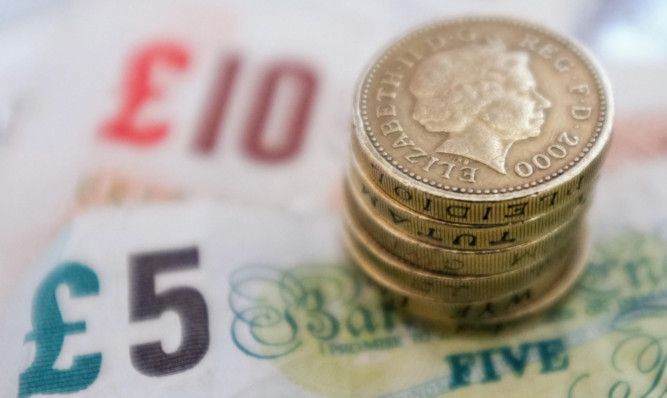For decades before the great crash of 2008, the UK banks had been allowed to operate pretty much as they wished.
Regulation was light touch at best, and all was hunky-dory as long as there was a decent return for shareholders at the end of each period.
But it was a house of cards that was to eventually come tumbling down.
Whether it was complacency, greed, a lack of knowledge or care or a combination of all of the above, the roof caved in and the underbelly of the UK financial services system was exposed.
The spotlight that was shone into the murkiest recesses of our most respected financial institutions reflected back a horrible reality our banks were bad.
There were bad loans, bad mortgages, bad sales practices, bad individuals, bad deals and bad balance sheets.
The vast majority of bank workers those high street bank tellers who look after our cash, and the army of backroom staff who support them on a day-to-day basis are as guilty as I am for the litany of professional breaches and transgressions.
But, as ever, the innocent majority ultimately paid the price for the dodgy practices carried out by nameless suits hired to supercharge profits with few questions asked.
Now, you may be reading this thinking it is time to let bygones be bygones.
But the reality is that the financial crisis has never gone away it just looks a little different these days.
The banks may have changed out of sight from the closed books they were back in 2008, but they are still a long way from being the reformed characters they would wish us to believe that they are.
In the years since the initial white heat of exposure, we have seen billions paid out in PPI claims and for the rigging of Libor, the inter-bank lending rate which governs how much so many things cost.
But far from fading away, the scandals within the financial services sector have just kept coming.
The latest to emerge relates to the supposed manipulation of the £3 trillion a day foreign exchange (forex) market.
In the past week alone we have seen Barclays, RBS and HSBC put aside more than £1 billion in cold hard cash to pay for possible costs relating to the alleged rigging of forex. And I’d happily wager my hat that others will follow.
There will no doubt be statements of contrition offered and change promised.
But financial services are about trust, and that is a commodity which cannot be traded in return for a short-term profit.
The banks have long talked a good game about restoring public confidence, but actions are louder than words.
While skeletons remain in the closet there can be little hope of restoring the reputation that once marked UK banking out as an exemplar on the world stage.
